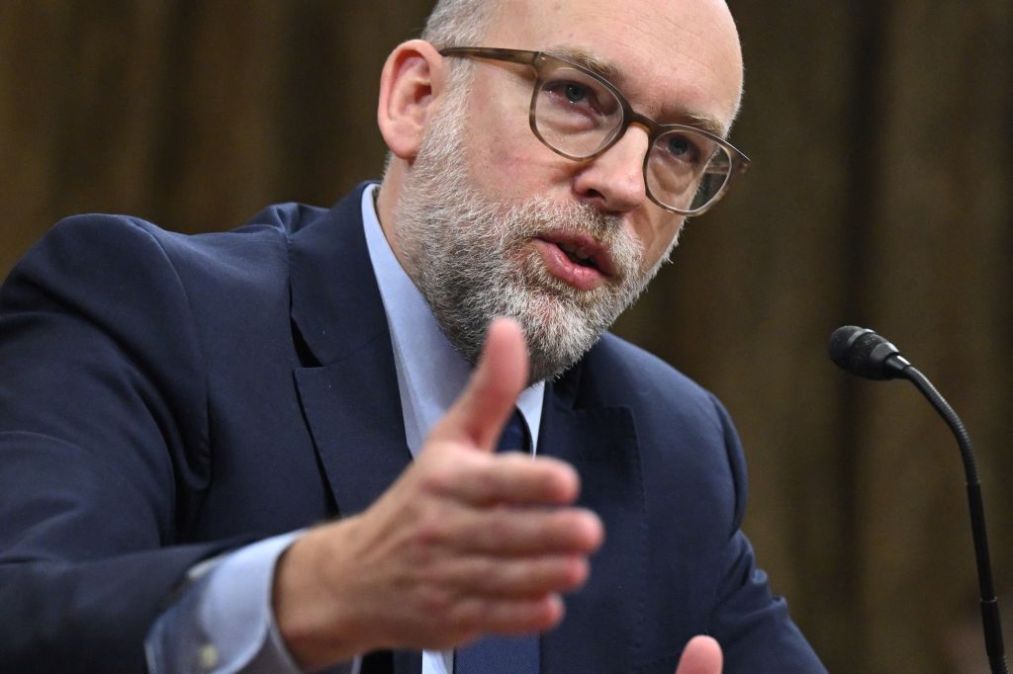Would Schedule F scrap due process rights for federal workers? OMB nominee won’t say

Two days after President Donald Trump restored Schedule F, his nominee to lead the Office of Management and Budget sidestepped questions about due process rights for federal workers who are fired under the controversial employment classification.
Calling the shift to Schedule F a move that appears to open the door to “political cronyism,” Sen. Chris Van Hollen, D-Md., asked OMB nominee Russell Vought during his Senate Budget Committee confirmation hearing Wednesday whether workers fired under the classification would be afforded “the due process rights that merit-based civil servants have.”
Vought, who served as OMB director during the final six months of Trump’s first term, pushed back on the premise, telling Van Hollen that Schedule F is “a different classification” and “not a tool to fire individuals.” The classification, which turns certain civil servants into “at-will” employees, was introduced via a late-2020 Trump executive order and immediately rescinded by the Biden administration.
“It is meant to ensure that the administration, the president, has people who are working for him that are actually going to do the policies that he ran on, that he’s articulating,” Vought said. “We think that’s an important, fundamental principle.”
Van Hollen pressed Vought again, asking the Project 2025 co-author if the due process rights that currently apply to merit-based civil servants will remain, so that those federal workers won’t be “fired for political reasons.”
Vought dodged the question again, saying instead that he valued the work of career employees — including individuals during his first run at OMB that had also served in the LBJ and Carter administrations — and that enacting Schedule F “does not mean that we have any intent to use that to fire career civil servants.”
Wednesday’s Senate hearing was the second time in as many weeks that Vought was asked about Schedule F’s implications on the federal workforce. Appearing last week before the chamber’s Homeland Security and Governmental Affairs Committee, the OMB nominee was asked whether he’d had any talks with Trump about potentially resurrecting the classification.
“I don’t speak to the conversations that I have with the president,” Vought said at the time, less than a week before Trump was inaugurated and almost immediately issued a new order bringing Schedule F back. “Those are private deliberations.”
Trump’s Monday executive order on Schedule F was met with a swift legal response, with the National Treasury Employees Union challenging the lawsuit that day. The NTEU alleged that the order would make it easier to terminate civil service employees by creating a new category of the same name under the U.S. government’s “excepted service.” The action, the union said, violates Office of Personnel Management rules and strips workers’ rights to due process.
During a call with reporters Tuesday, Max Stier, Partnership for Public Service’s chief executive officer, said the federal rule already in place “would have to be revoked” for Schedule F to be leveraged in a way that Democratic lawmakers fear, requiring an “extensive process” to do so.
“Most everything is going to require a lot of follow-on action before you see any substantial change in the way … federal employees are experiencing, in fact, their workplace,” he said.






